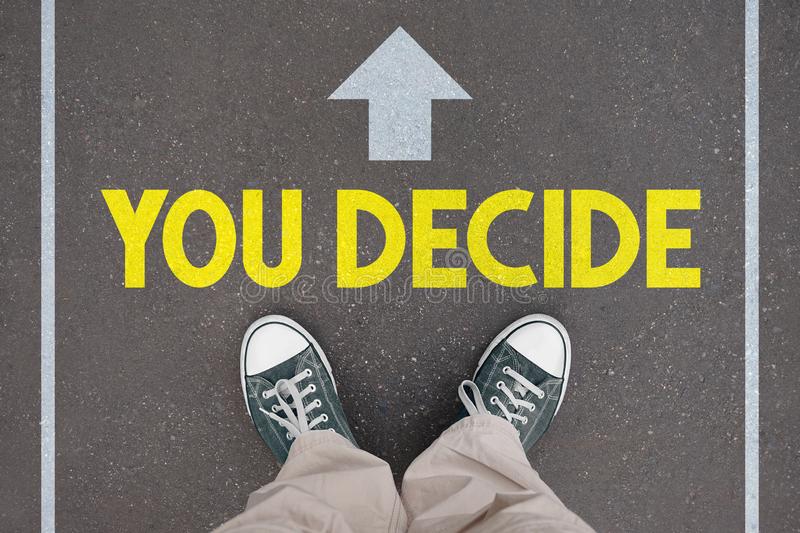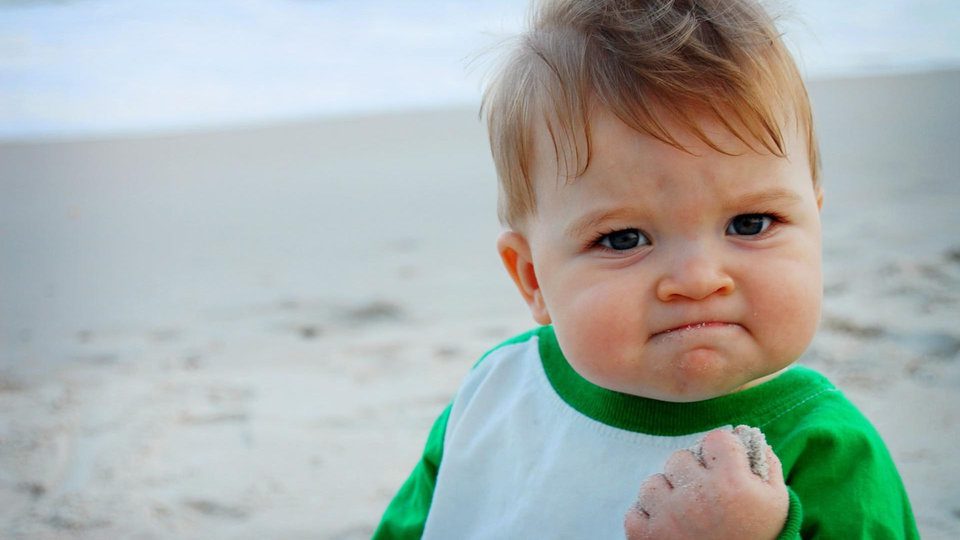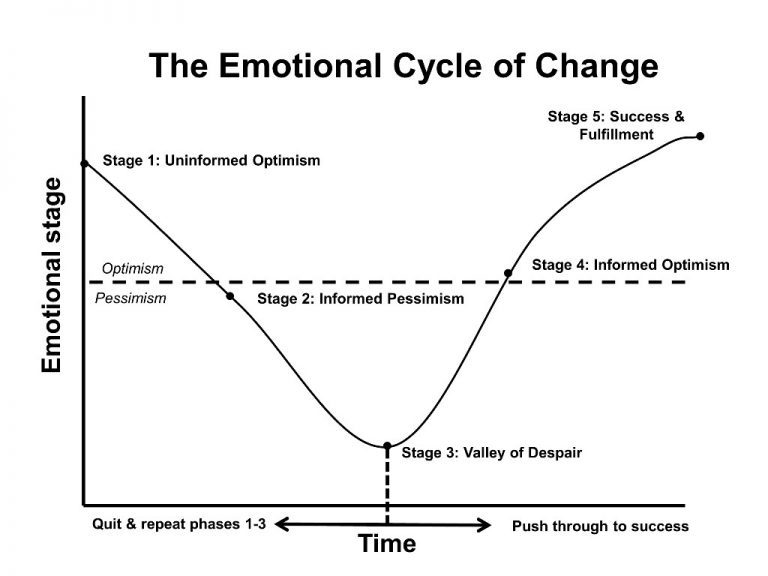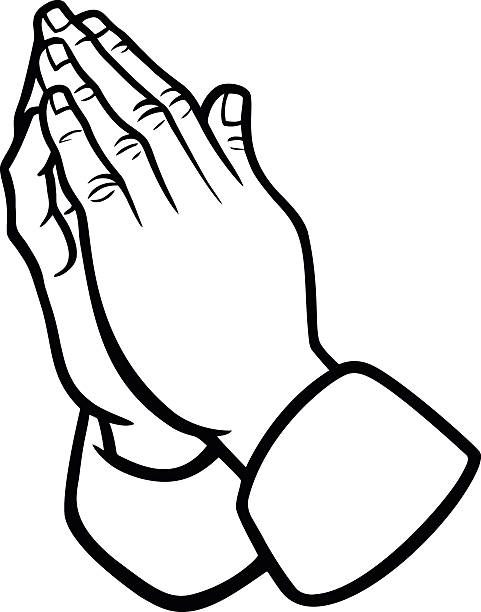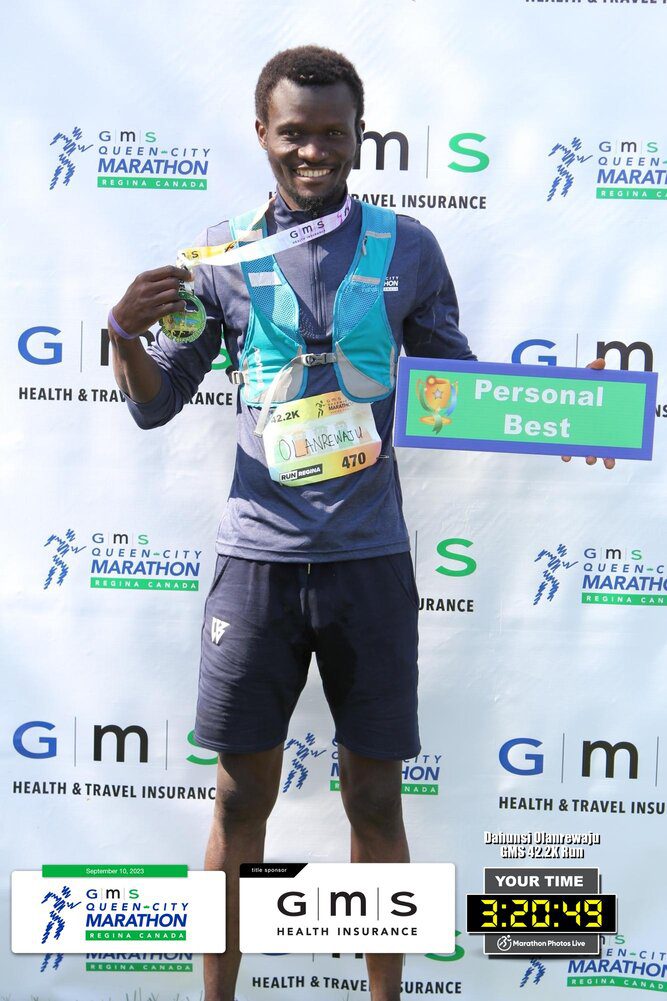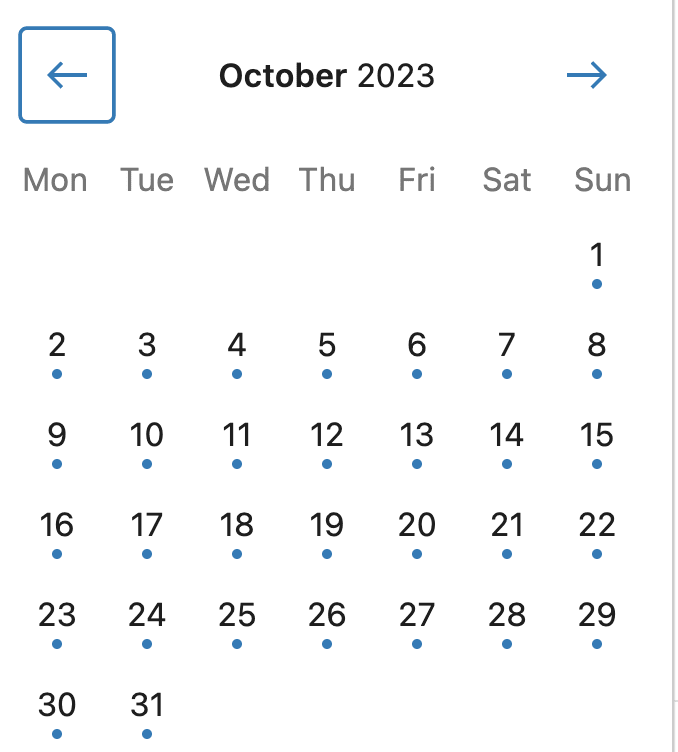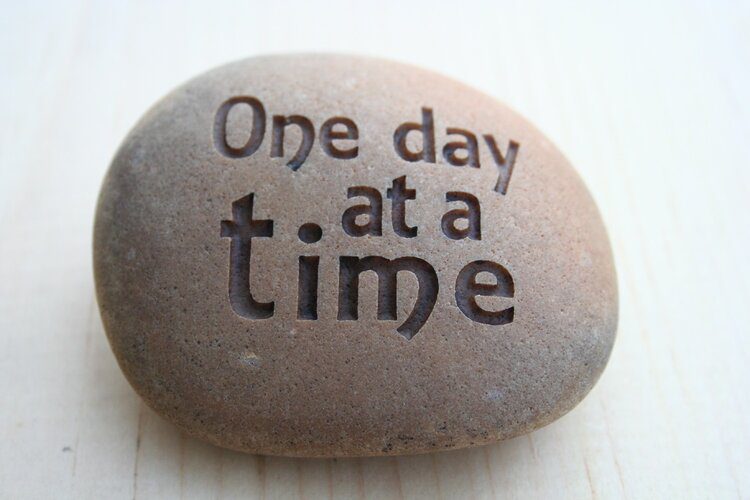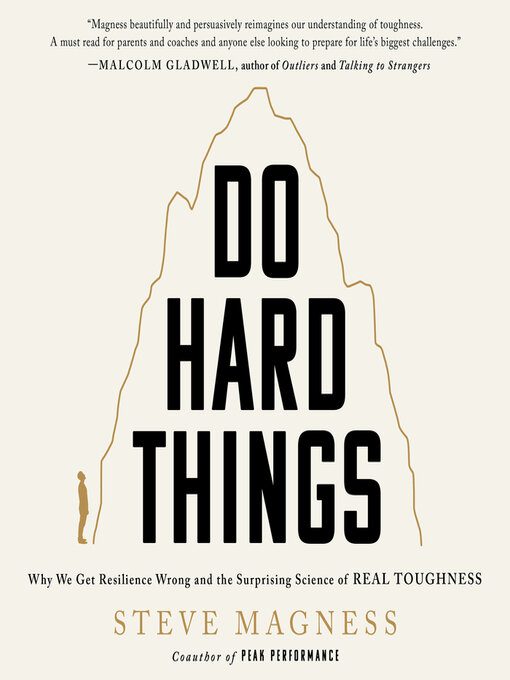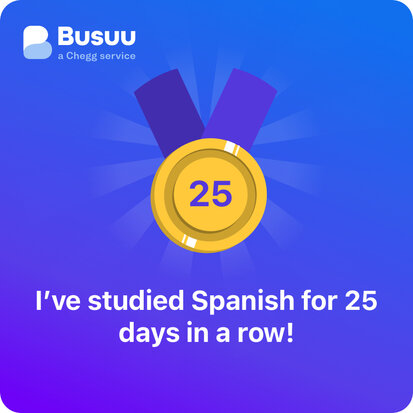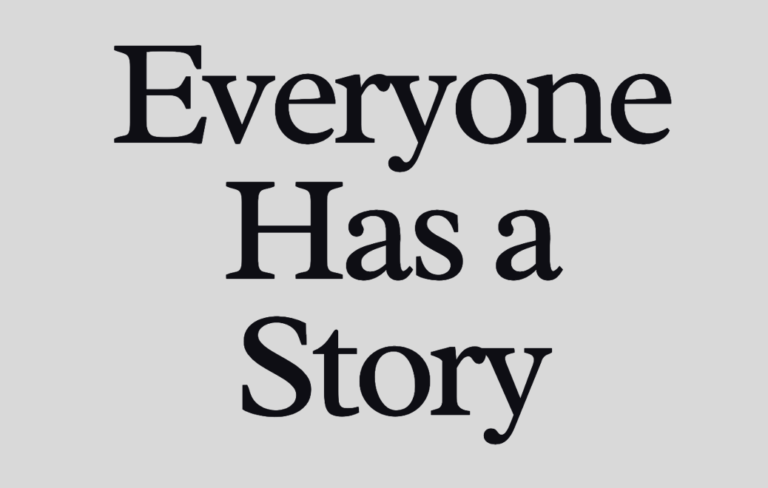“Wherever you see a successful person or business, someone once made a courageous decision.”-Peter Drucker
Decision (n.) mid-15c., “act of deciding,” from Old French décision (14c.), from Latin decisionem (nominative decisio) “a decision, settlement, agreement,” noun of action from past-participle stem of decidere “to decide, determine,” literally “to cut off,” from de “off” (see de-) + caedere “to cut” (from PIE root *kae-id- “to strike”). Deciding means to cut off from other options. It is non-negotiable; you have decided where and what you want to do with your life. Making life-changing decisions, especially those not conforming to societal preconceived values, can be tricky. A resolution is a firm decision to do or not to do something. When most of us make New Year’s resolutions, we make a wish that lasts for 4-8 weeks. As the going gets tough, as they would ultimately do, we go back to our old ways.
A resolution is a firm decision to do or not to do something.
